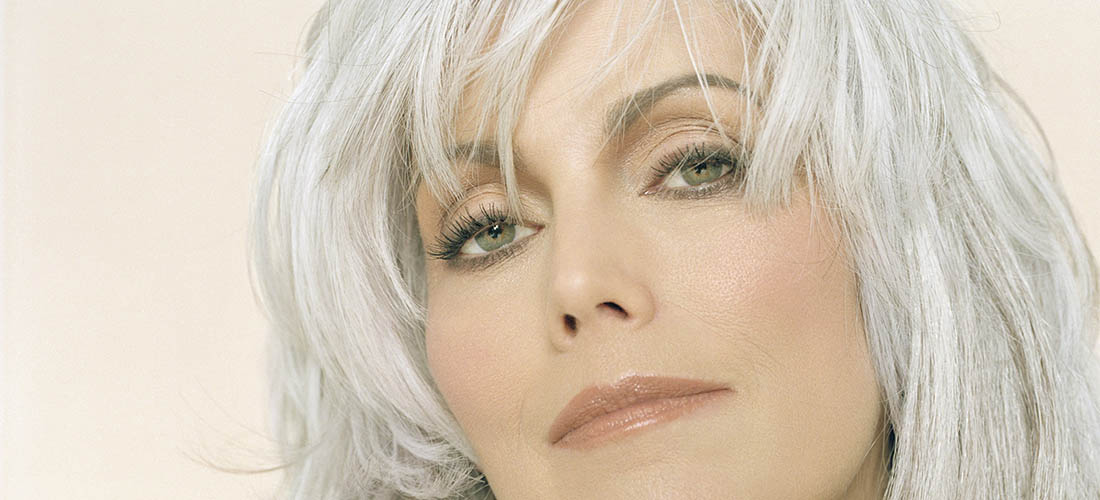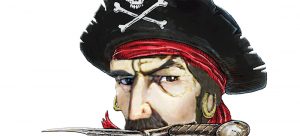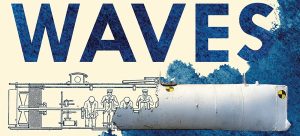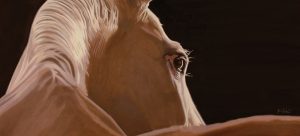
Where Have You Been, Emmylou?
Emmylou Harris returns to her roots
Above all else, Bill Kennedy knew a good promotional opportunity when he saw one. Already a seasoned concert promoter and venue operator, by 1976 he had become a fan of rapidly rising country-folk-bluegrass star Emmylou Harris. A fledgling sports and entertainment complex, Piedmont Sports Arena, had recently opened on Wendover Avenue, and Kennedy and the owner agreed to book the singer that April.
She would have likely drawn well anyway, but Kennedy had an additional dual hook. For one, the concert date was close to Harris’ 29th birthday on April 2; for another, she had a local tie-in, having attended UNCG in 1965–67 on a drama scholarship. Kennedy approached the Greensboro Chamber of Commerce about declaring it “Emmylou Harris Day” and billed the show as a “welcome back” party.
The concert lived up to its billing, drawing a couple of thousand delirious fans. Not even a group of Moonies, protesting outside because the venue served alcohol, could dampen the evening.
During her stint at UNCG, Harris had racked up stage roles in Shakespeare’s The Tempest and a children’s theater production of The Dancing Donkey. She also performed in a group called The Emerald City with UNC grad Mike Williams, when she wasn’t singing solo at her regular gig: a small club on Tate Street called the Red Door. The pay was $10 a night plus all the beer you could drink.
She would transfer to Boston University, choosing music over theater. Ultimately she wound up in the Greenwich Village coffeehouse circuit and soon afterward the burgeoning Washington, D.C., bluegrass scene, where fate and Gram Parsons, who discovered her singing in a Georgetown club, intervened.
Forty-three years on, with 25 albums and 13 Grammy awards to her credit, Harris has not since performed in Greensboro. But January 24 will serve as another welcome back when the singer takes the stage at UNCG’s Memorial Hall (formerly Aycock Auditorium) as part of the University Concert and Lecture Series — across the street and ten million miles from the Red Door.
(Full disclosure — Bill Kennedy and the author were co-founders of ESP Magazine in 1988. When Kennedy died in May 2016, the author wrote his obituary for the News & Record and officiated at his funeral.) — Ogi Overman





